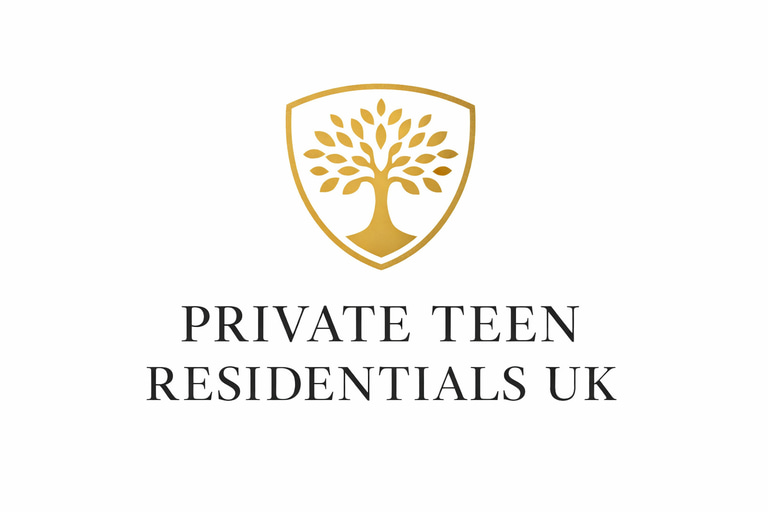When Weekly Therapy Isn’t Enough: Signs Your Teen May Need More Intensive Support


Understanding Adolescent Mental Health Needs
As parents, we are often attuned to the emotional and psychological well-being of our teenagers. However, recognizing when a teen needs more than just weekly therapy can be challenging. It’s essential to acknowledge that every adolescent is unique, and their mental health journey can vary significantly. In some cases, regular counseling sessions may not suffice, prompting the need for more comprehensive interventions such as the structured environment provided by teencampsuk residentials.
Signs That Indicate Additional Support Is Needed
There are several indicators that can help parents determine whether their teen requires more than weekly therapy. These signs generally revolve around behavioral changes, emotional distress, and social withdrawal.
One of the first signs to observe is a noticeable shift in your teen’s mood or behavior. If they exhibit persistent sadness, irritability, anxiety, or anger that interferes with daily activities, this could indicate that their weekly therapy isn’t adequate. Another red flag can be a decline in academic performance, where previously engaged teens show less interest in their studies or school. Moreover, significant changes in social connections, such as withdrawing from friends or family, can signal deeper issues. Remember that some teens might struggle to articulate their feelings, making a sudden change in behavior a key indicator.
The Benefits of Residential Support
When weekly therapy doesn’t seem to be enough, considering a residential program like teencampsuk can be a beneficial option. These camps offer a more immersive environment where teens can engage in therapeutic activities, learn coping strategies, and build resilience while interacting with peers facing similar challenges. The structured nature of residential support provides a safe space for adolescents to explore their emotions, reinforce positive habits, and gain insights into their mental health.
Furthermore, the comprehensive nature of residential programs often includes therapeutic modalities that may not be available in traditional therapy settings. This creates an opportunity for teens to receive multifaceted treatment and develop crucial life skills outside of their typical home environment. Parents can also benefit from family-focused components that facilitate improved communication and understanding, contributing to stronger family dynamics.
Making Informed Decisions for Your Teen
Ultimately, as a parent, it is critical to remain observant and proactive regarding your teen’s mental health. If you notice persistent signs indicating that weekly therapy isn’t adequately addressing their needs, exploring alternative options may be necessary. Engaging with a mental health professional to discuss your concerns can provide clarity and direction for the best course of action.
Deciding to send your teen to a residential program is never easy, yet it can be an affirmative step towards ensuring they receive the support they truly need. By prioritizing their well-being and seeking appropriate help, you can guide them towards a healthier, more balanced life.


